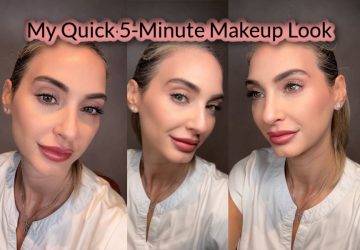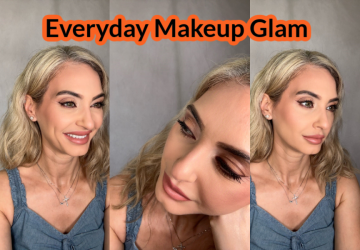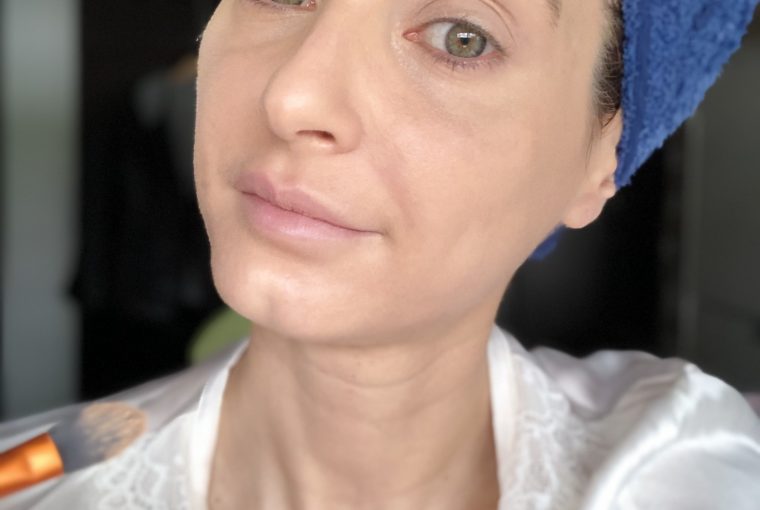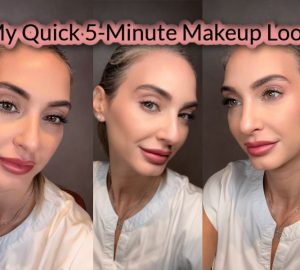When it comes to reversing the signs of skin ageing, Retinol is hands down the industry’s gold standard ingredient. Retinol is one of the few ingredients that has been proven to actually work. It has the power to help accelerate skin renewal and reduce the appearance of wrinkles, fine lines and age spots for firmer, smoother and more evenly-toned skin.
What Is Retinol?
Retinol is part of the Vitamin A family. Enzymes in the body covert retinol to retinoid acid, an active form of vitamin A. This increases cell turnover, stimulates collagen and elastin production. Thus it is appropriate for treating everything from pigmentation, cystic acne and wrinkles. There is also strong research that it clarifies and evens skin tone. In many ways it is considered the miracle ingredient, but it is important to note that, if used improperly, retinol can compromise the epidermal barrier.
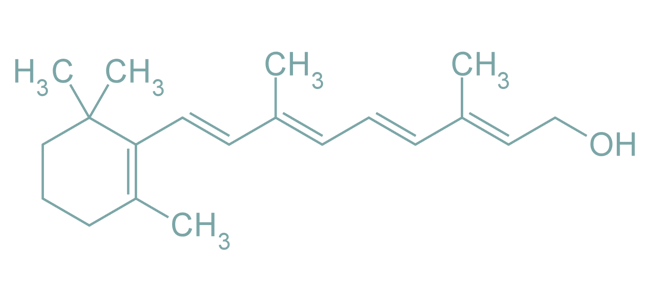
What Is The Difference Between Retinol, Retin-A & Retinoid?
Retin-A is a prescription level retinoid that is stronger in nature, used for acne as well as ageing.
Retinol is the over-the-counter version of Retin-A, which becomes the active Retinoic Acid when it hits the skin.
Retinoids are the family that Retin-A, Retinol & Retinoic Acid belong to. It is a chemical compound of Vitamin A.
What Does Retinol Do?
Retinol stimulates the production of new cells. It exfoliates the skin, aids the production of collagen, and fights free radicals. This combination creates a powerful skin overhaul.
That said, retinols don’t work equally as well on everyone. Avoid retinol if you suffer from rosacea, eczema, or psoriasis as retinol can make you more vascular – meaning that you will end up with more inflammation and thereby worse symptoms of whatever it is you are suffering from, (though clinical trials have shown PHAs to offset some of the negative sides of using a retinol).
At What Age Can I Start Using Retinol?
While there is no set time to use retinol, most dermatologists advise introducing retinol in our mid-twenties or early-thirties, particularly if we suffer from breakouts or pigmentation. It is suggested that retinol is not used for more than 3 months, then take at least a three month break. This is due to research that suggests cell turnover is no longer increased after 3 months of retinol usage.
Is Retinol Suitable For All Skin Types?
While retinol is suitable for everyone, different strengths are appropriate for different skin types. By using varying concentrations of retinol, we can acclimate the skin safely and effectively with little to no irritation. If you are unsure, always visit a dermatologist.
However, no matter your skin type, do not use retinol during pregnancy. We don’t know if topical retinoids are safe during pregnancy but small amounts may be absorbed by the skin, so it’s best to avoid them. Topical retinoids include tretinoin, which treats acne and other skin problems. Some studies have shown that taking high doses of vitamin A during pregnancy can be harmful to an unborn child. It is not worth the risk.
How Do I Use Retinol?
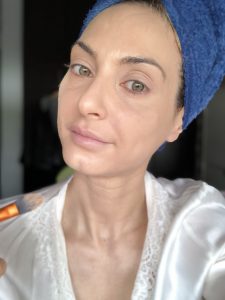
Retinol should be used once a day and only at night. Retinol breaks down in sunlight, which is why most retinol products are held in opaque packaging. Retinol is prone to increase photosensitivity within the skin so it is very important when using retinol that we always use a high, broad spectrum sunscreen.
Do not use retinol before wax or laser procedures. Both procedures target the top layer of skin cells, which is super fragile because retinoids encourage cell turnover. The result could be burns and irritation. The fix is simple: just take a break from products prior to the treatment.
Retinol Can Cause Irritation
Everyone’s skin reacts differently to Retinol. Some people experience temporary redness, flakiness, peeling and sensitivity because their skin lacks enough “retinoid receptors.”
Retinoid receptors are proteins naturally found in skin. They act like shuttles that carry and release retinoids (Vitamin A derivatives) into skin cells, triggering collagen production. Retinol – the strongest form of retinoid available without a prescription – is converted by skin enzymes into the even stronger form of Retinoic Acid, which is what causes the irritation.
Top Tip
When applying a retinol, do not neglect the backs of the hands and the neck or décolleté which are areas notorious for showing the signs of ageing, yet often neglected. If those zones seem too sensitive for your current retinol formula, mix it with your moisturiser or choose a lower dose of vitamin A, zero fragrance, and one made with lots of soothers like aloe vera.
If you have any questions or would like to share your experience, please send me a message.

